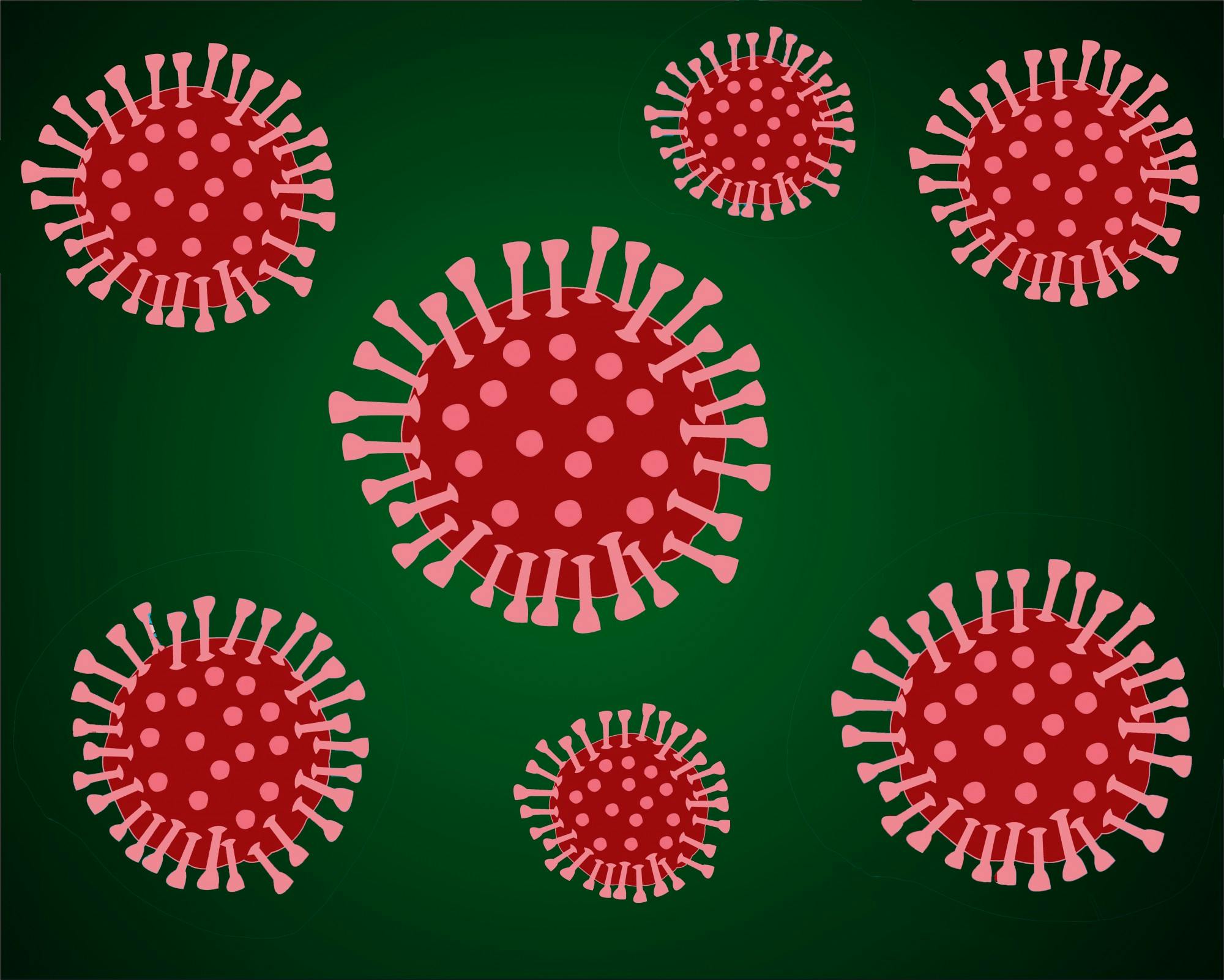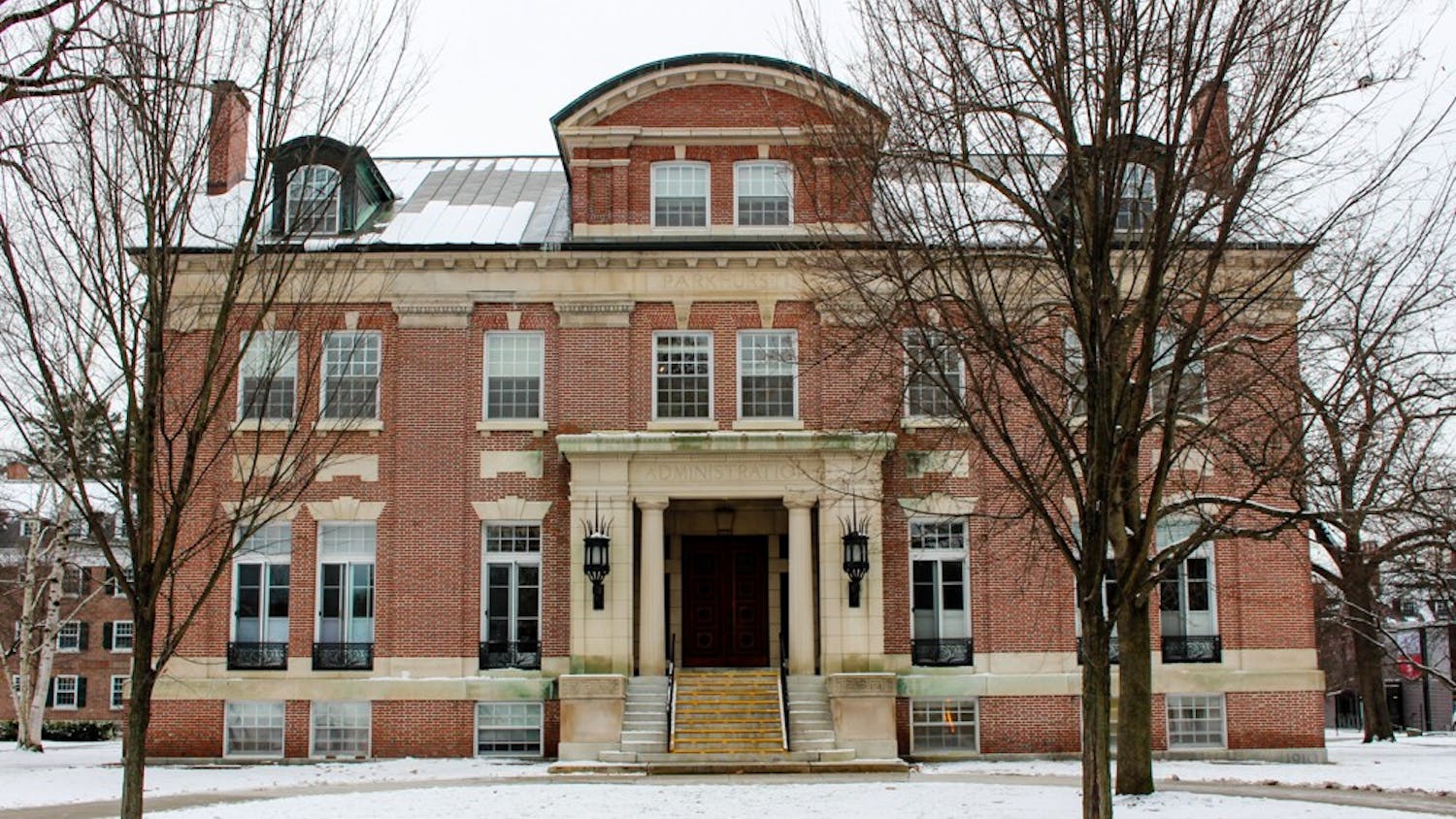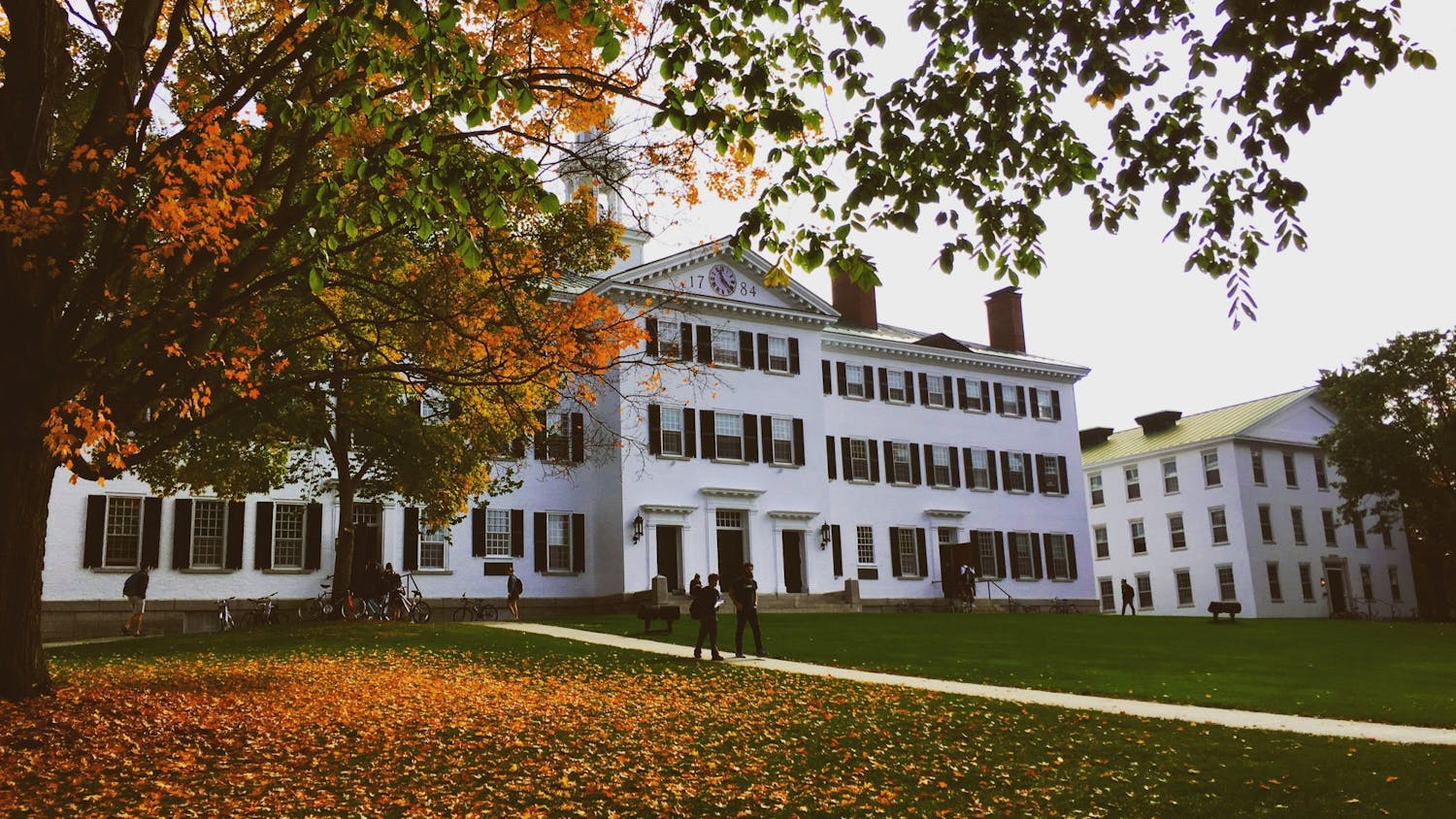The Broad Institute of MIT and Harvard, Dartmouth’s COVID-19 testing partner, has introduced a new “inconclusive” test result for its PCR COVID-19 test, which Dartmouth community members must take twice weekly.
The PCR test uses two “probes” to test for the presence of different regions of the COVID-19 viral genome, according to COVID-19 task force co-chair Lisa Adams. Previously, the Broad Institute’s practice had been to report a positive result if either probe detected COVID-19. Now, the testing service will report an inconclusive test when only one probe detects the presence of the virus. After receiving an inconclusive result, the recipient will be asked to isolate and retest as soon as possible, according to an email sent to campus on Tuesday from Adams and fellow COVID-19 task force co-chair Josh Keniston.
Adams noted that the new result category was a way of balancing the test’s “sensitivity” with its “specificity” — ensuring that the test can pick up as many cases of COVID-19 as possible while also prioritizing accurate tests results. She added that according to the Broad Institute, the change has impacted around 0.25% of its tests since the test started tracking inconclusive results around two weeks ago.
An inconclusive result differs from an “invalid” result, which indicates that the test could not be processed and occurs in about 4% of tests. Adams noted that tests may be unable to be processed for a number of different reasons, including an insufficient number of cells collected during swabbing, swabs being inserted upside down in tubes, the presence of congealed matter on swabs or lab errors. Those who receive invalid test results are required to retest, but they do not have to isolate prior to retesting.
In their email, Adams and Keniston also reaffirmed the College’s face-covering policy in light of recent Centers for Disease Control and Prevention guidance indicating that well-fitting masks can more effectively curb the spread of COVID-19. Provost Joseph Helble noted in his Wednesday “Community Conversations” broadcast that College policy requires that any cloth masks worn on campus have at least two layers, in accordance with CDC guidelines, which Adams noted was not a change to the policy but an “elaboration” on how to wear masks in the most effective manner possible.
“We’re just trying to reinforce the information that the CDC has clarified for us,” Adams said, adding that the College has also provided information on how to adjust masks to secure a better fit, including tightening the ear straps and the pliable nose wire.
These updates come near the end of what has been a successful winter term of fending off the virus at Dartmouth. As of Tuesday, the College’s active case count sits at just four — one student and three faculty or staff members — according to the latest data from Dartmouth’s COVID-19 dashboard. Since Jan. 1, the College has seen 67 positive COVID-19 tests, or 0.13% of its total tests.
Adams said that she attributes these low numbers largely to a higher degree of understanding and comfort navigating the pandemic within the Dartmouth community.
“I think we’ve provided greater clarity to students around what are safe and allowable activities and what to avoid,” Adams said, adding that students and community members have also become more comfortable with six-foot distancing and spending time outside when possible.
“I just feel like everyone’s maneuvering in a more comfortable space now in this pandemic,” she said. “And I like to think that everything Dartmouth is doing and happening in the broader community is making it easier for us to be compliant with all COVID protections.”
Eileen (Eily) Brady is a '21 from Chicago who studies government and romance languages. Eily loves travel, politics, iced tea and her dogs, Mac and Charlie. She is thrilled to be reporting the news for The Dartmouth.




